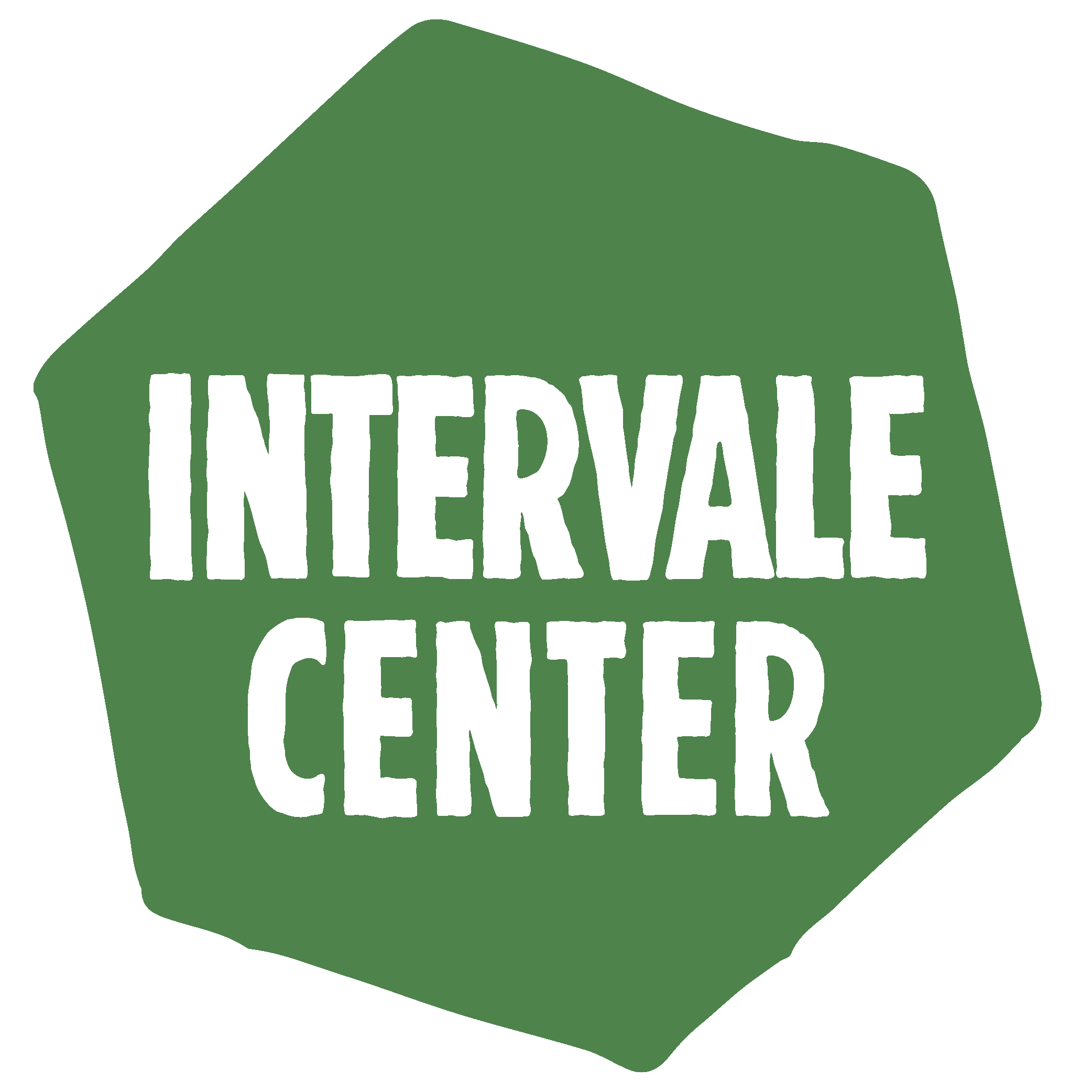Guest Blog: Benjy Adler from the Skinny Pancake Reflects on ShiftMeals, Mutual Aid, and the Strength of Vermont’s Food System
In late March, The Skinny Pancake joined most of our colleagues in the foodservice industry when we laid off nearly all our staff. This front row seat to witnessing the abrupt unemployment of 85,000 Vermonters was gutting. Employment is an act of mutual support, but it relies on revenue coming in the door. At that point, we did not have the revenue to support maintaining our teams and could not keep everyone employed, but we still had large productive kitchens, refrigerators full of food, and skilled chefs. In other words, we had the capacity to work toward our employees’ basic needs of food security, even if we couldn’t employ them all.
It was in the roux of that moment that ShiftMeals was born. The High Meadows Fund and the Vermont Community Foundation reached out to The Skinny Pancake and asked how they could help. In the short term, we asked for their help unlocking the potential of our kitchens to keep our staff and others in need fed as the crisis unfolded. The Intervale Center was kind and brave in agreeing to step up as our fiscal sponsor. These initial partnerships set the tone for this program to lead with kindness and collaboration.
“ShiftMeals 1.0” began with direct distribution of meals at restaurant outlets, including Radio Bean, Zero Gravity, Prohibition Pig and Skinny Pancake locations in Burlington, Montpelier and Quechee. As additional funding came from a humbly large list of large donors and hundreds of smaller contributions through a GoFundMe page, we expanded the program to provide large drop offs to community site partners. By mid-April, the program had grown to provide thousands of meals each week to the Vermont Foodbank, too.
We now produce and distribute 6,000+ meals per week in five Vermont counties for the charitable food system, thanks to our collaborative partners. Meanwhile, Vermont’s Emergency Operations Center (EOC) is looking at our model and exploring the possibility of replicating the use of restaurant infrastructure to support mass feeding programs throughout the state.
As the Vermont Foodbank partnership came online, we recognized the long term enduring economic uncertainty we faced as a state. Overnight, Vermont went from under 2% unemployment to over 20% unemployment. Absent a vaccine or a cure, it seems unlikely a strong recovery would happen in the next year, leaving tens of thousands of Vermonters without work beyond their unemployment compensation. The magnitude of the cost to meet the basic needs of this many unemployed people is scary. Meanwhile, the value of the productivity of these thousands of competent, reliable, hard-working Vermonters is on our minds. Asking ourselves what we could do as participants in the local food system, we developed the theory that we could help organize some of this labor to create additional food security from the ground up, i.e. grow more food as a state.
Alas, growing more food is easier said than done, as the idea is just an iota of the action. Farming is hard, complicated, and professional work. We were late in the growing season and short on experience. So, we consulted the experts. We spoke with Pete Johnson of Pete’s greens, Christa Alexander of Jericho Settlers’ Farm, Rob Rock of Pitchfork Farm and Tom Stearns of High Mowing Seeds. We engaged local food non-profit leaders.
Six weeks after our exploration began, we launched ‘ShiftMeals GrowTeam.’ By mid-June, we will augment or start up to six different community food security projects for the 2020 growing season. Locations include the Intervale Center’s People’s Farm, the ShiftMeals Cooperative Community Garden at Tommy Thompson (with Vermont Community Garden Network), VYCC in Richmond, Center for Grassroots Organizing in Marshfield and more on the way. Thirty hired employees will work for a month to kickstart this late-in-the-planting-season initiative. Meanwhile, we are building a small army of volunteers to take over the day-to-day labor on these farms by July 1st. These volunteers will work under skilled mentorship and earn their own produce shares in a reciprocal food system model. Where personal garden plots may provide a barrier to entry for inexperienced gardeners, this program will empower teams to learn together about growing food at a time when their households need it most. In the process of working collectively, we hope to generate surplus food that can be donated to the charitable food system.
Destruction is a form of creation. And as John Sayles from the Vermont Foodbank recently said, ‘Never let a crisis go to waste.’ Leveraging restaurant infrastructure to provide food for the charitable food system will hopefully become an institutional expectation of State and Federal mass feeding programs. The GrowTeam initiative may prove to have legs that outlast the COVID-19 era as an alternative, efficient and educational way for individuals to engage in farming and gardening. With both initiatives and others like it, Vermont will continue to demonstrate the resilience and food security of our local food system. ShiftMeals took a village to launch. It is going to take the entire state to make it safely through the COVID-19 era. Here’s to working together through it all.
Benjy Adler






